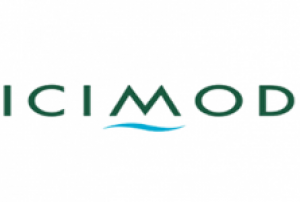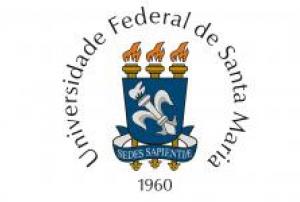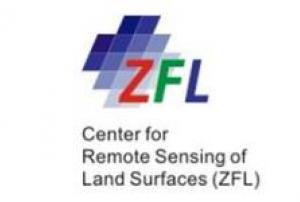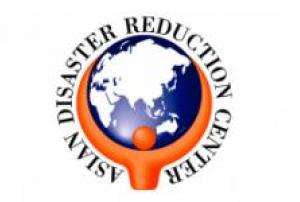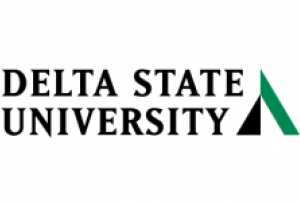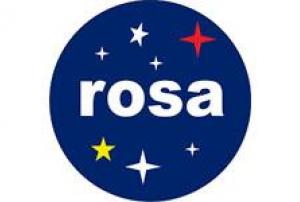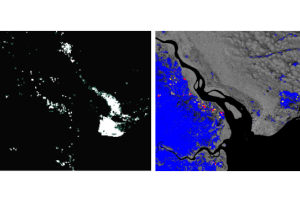Flood
Definition
Facts and figures
Further information
UN-SPIDER Regional Support Offices with hazard-specific expertise
Related content on the Knowledge Portal
Le Centre Asiatique pour la Prévention des Catastrophes (ADRC) et le Bureau des Affaires Spatiales des Nations Unies (UNOOSA) ont signé l'accord de coopération sur l'établissement du Bureau Régional d'Appui (BRA) ONU-SPIDER de l'ADRC à l'occasion de la 52ème session du Comité des Utilisations Pacifiques de l'Espace Extérieur (COPUOS) le 4 juin 2009.
The UN-SPIDER/ GloFAS / DLR / ZFL International Workshop: “Space technologies for flood management” aimed at contributing to an increased use of satellite technologies and novel processing techniques to respond to challenges posed by disasters. The International Training Workshop aimed:
- To raise awareness regarding novel techniques and tools developed by DLR, the Copernicus programme, and UN-SPIDER useful in flood management.
- Contribute to increase the skills of young professionals engaged in the use of Earth observation and novel geospatial information technologies to contribute to flood management efforts.
- Facilitate networking efforts among young professionals engaged in disaster management efforts.
The International Training Workshop included plenary presentations, a training on the use of novel techniques to process satellite imagery in case of floods, and a simulation of floods to familiarize participants with novel procedures…
read moreLa Oficina Regional de Apoyo (RSO) de ONU-SPIDER en Rumanía tiene su sede en la Agencia Espacial Rumana (ROSA). El acuerdo de cooperación entre ROSA y UNOOSA se firmó con ocasión de la 52ª COPUOS, el 4 de Junio de 2009.
Establecida en 1991, por la Decisión Gubernamental nº 923/ 20 Nov 1995, ROSA es una institución pública independiente.
La misión de la Agencia incluye:
- coordinar los programas nacionales de investigación y aplicaciones espaciales
- promover el desarrollo espacial
- representar al Gobierno en la cooperación espacial internacional
- desarrollar investigaciones específicas orientadas a proyectos
- ROSA está autorizada a establecer centros de investigación y desarrollo orientados a objetivos específicos del Programa Espacial Rumano.
UN-SPIDER is pleased to announce the official translation of two Recommended Practices previously available on the English version of the Knowledge Portal. These Recommended Practices on flood mapping can be found in the Spanish version of the Knowledge Portal, under "Asesoría" > "Prácticas Recomendadas". These Recommended Practices or step-by-step procedures describe the procedures used to download, pre-process and process satellite imagery to generate maps that can be used for hazard estimation, in early warning systems or in disaster response and recovery activities.
UN-SPIDER would therefore like to thank the Space Research Institute Ukraine (NASU-SSAU), UN-SPIDER Regional Support Office, for the development of the …
read more29/03/2023ONU-SPIDER tiene la satisfacción de anunciar la traducción oficial de dos Prácticas Recomendadas disponibles previamente en la version en inglés del Portal del Conocimiento. Estas Prácticas Recomendadas sobre mapeo de inundaciones pueden encontrarse la versión es español del Portal del Conocimiento, bajo "Asesoría" > "Prácticas Recomendadas". Estas Prácticas Recomendadas o procedimientos paso a paso describen los procedimientos que se usan para descargar, pre-procesar y procesar imágenes satelitales para generar mapas que se pueden utilizar para estimación de amenazas, en sistemas de alerta temprana o en activididades de respuesta y recuperación en caso de desastre.
Por consiguiente, ONU-SPIDER desea agradecer al Instituto de Investigación Espacial NASU-SSAU, Oficina Regional de…
read more29/03/2023


